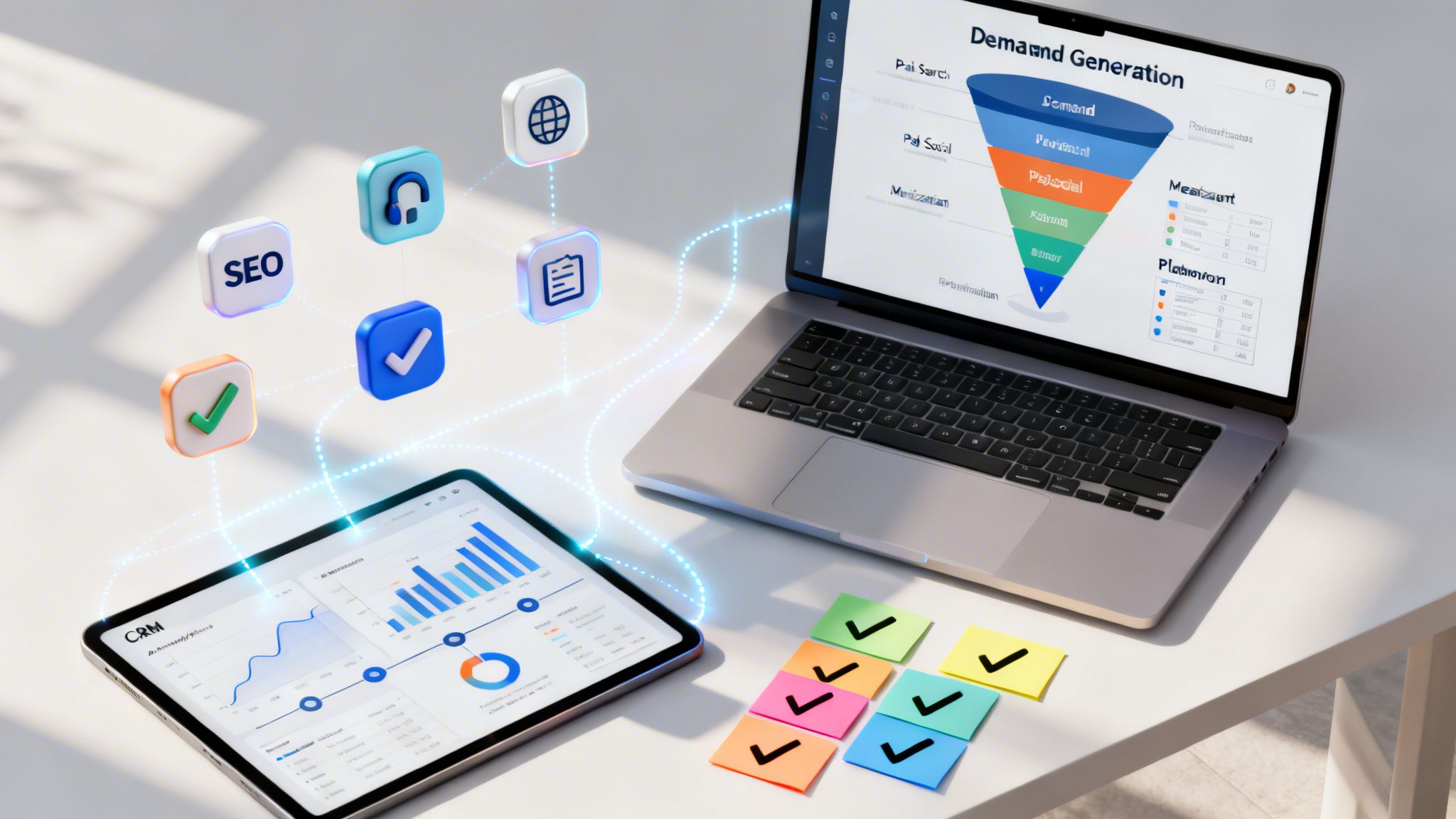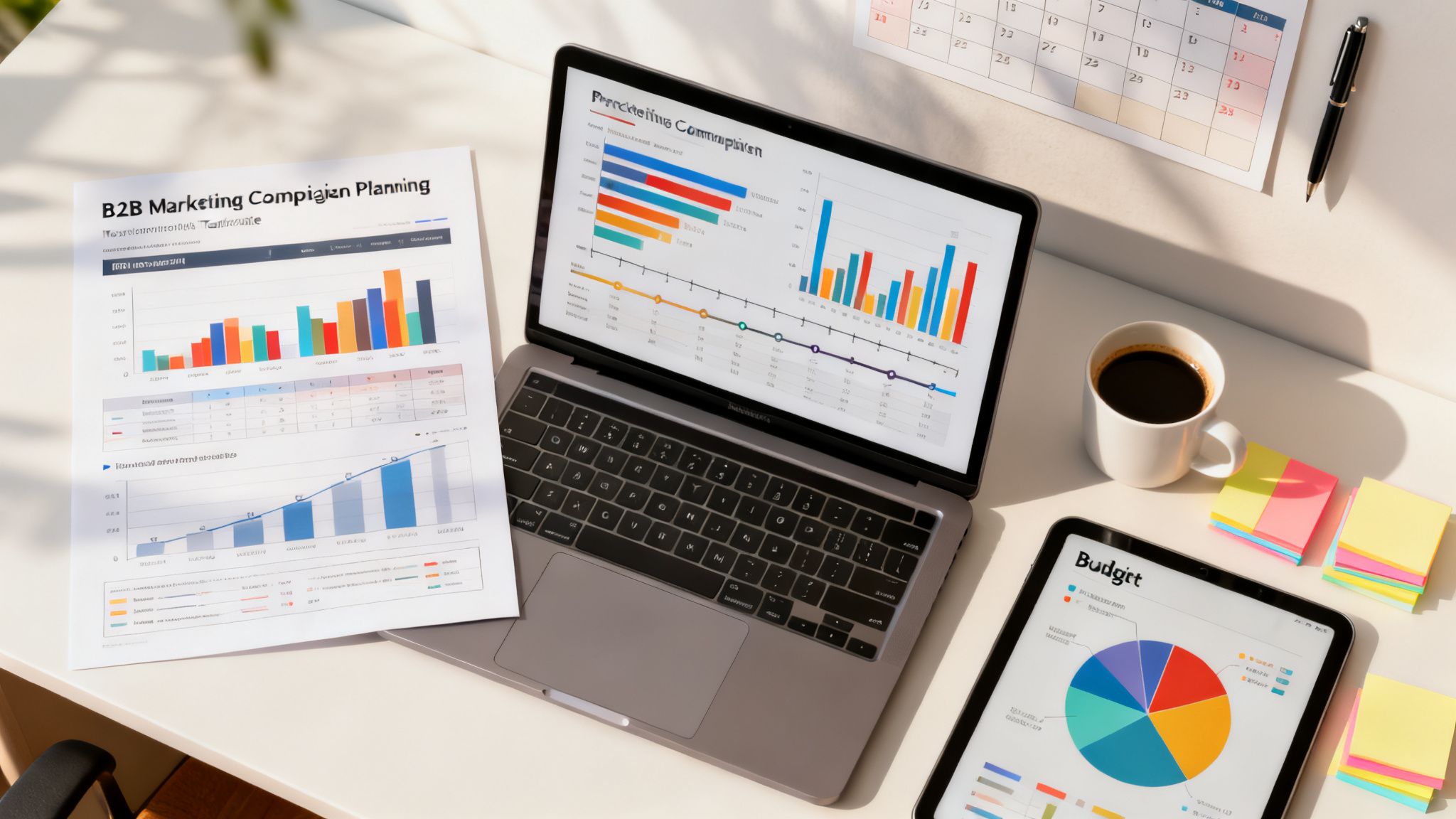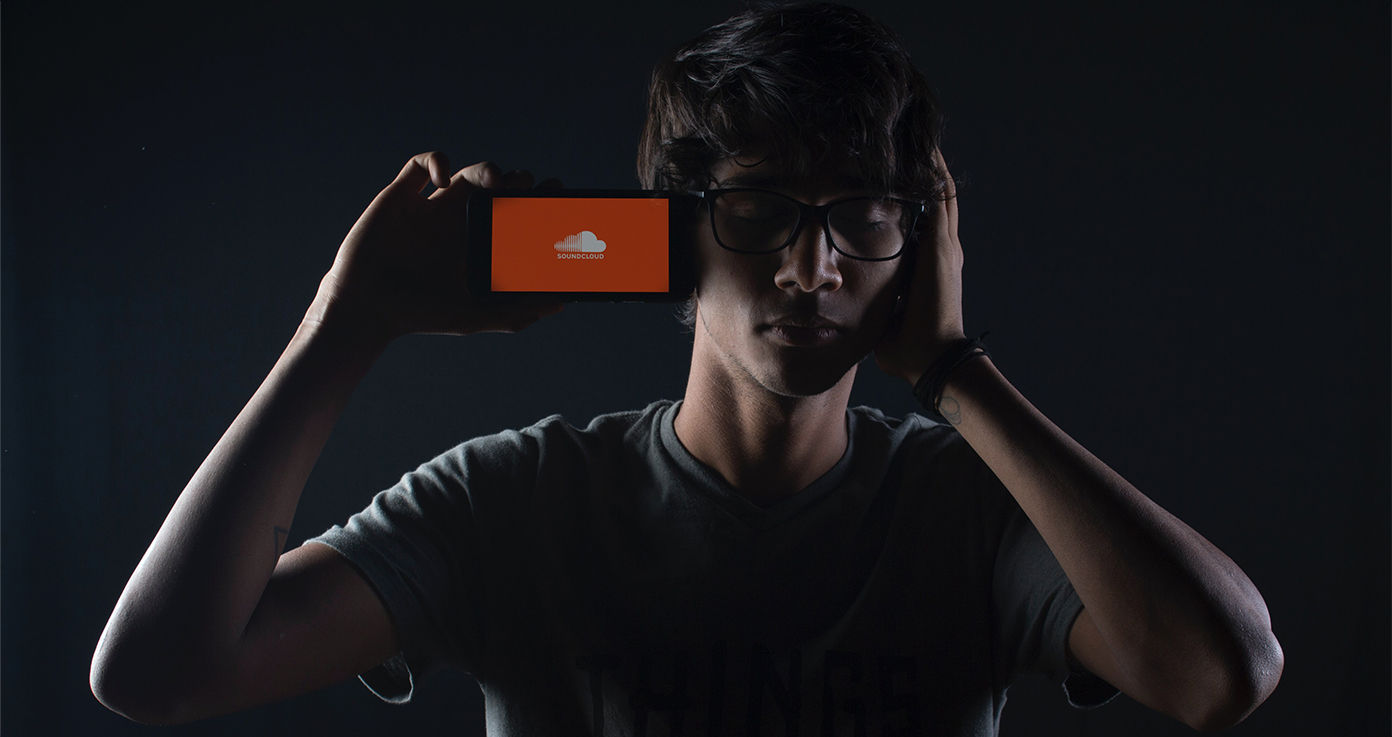
In 2007, something strange happened in the music industry. An unknown, unheard of company launched; with the quaint yet purposeful name SoundCloud. What was so strange about SoundCloud, was that musicians could upload their own content onto the platform without the need of a record label. Proving to be just one of the many disruptive and exciting forces that came about in the music industry through digital innovation. And as well, an innovation in how music to consumer connections are formed; considering that today, SoundCloud has started the careers of musicians like Post Malone, Kehlani, and Bryson Tiller through the simple process of these artists sharing their songs on the platform.
Not only has innovative technologies changed the way music is created, distributed, and consumed; it has also changed how music is marketed. In the traditional music industry, prior to the advent of digital marketing, it was common for marketing techniques to occur on TV, billboards, and common advertisements found throughout magazines, record stores, and even subway stations. These marketing schemes have not been phased out in the digital age, but they have certainly been enhanced exponentially.
As music discovery becomes more and more possible through streaming platforms like Apple Music or Spotify that allows a listener to access millions of songs with the simple click of a button; this abundant access to music has also made the music industry extremely competitive. And through this vast competition, musicians need to find a way to be seen, heard, and listened to in the crammed digital landscape. And so, the music industry turns to digital marketing.
RELATED: Digital Marketing Agency vs In-House: Costs Compared
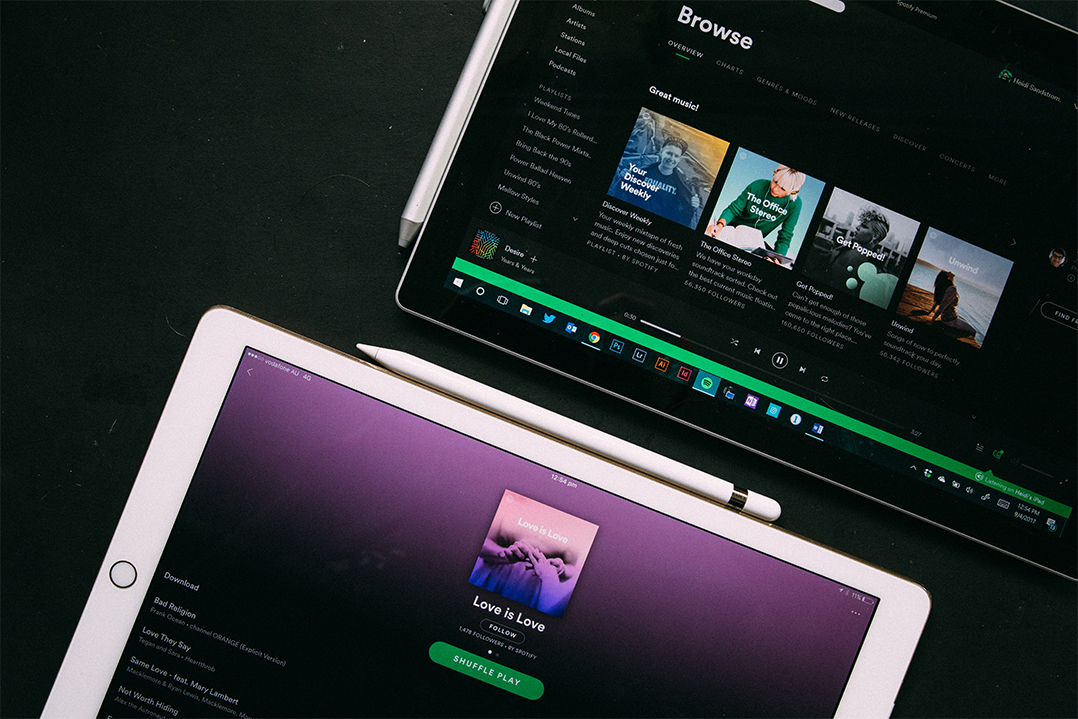
Digital marketing in its simplest terms, is the promotion of a product/service through digital spaces. This can be anywhere from social media marketing, to implementing email marketing or SEOs. And in its complexity, digital marketing is the constant act of reaching audiences online through various intricate marketing methods. Considering that a year-end report from the RIAA noted that revenues from streaming services account for 79.5% of all recorded music revenues, and that the music industry spends over $5.8 billion in marketing every year; the trend of major labels using marketing methods to attract listeners to their musicians on digital spaces like streaming platforms has been changing the way the music business functions. And through this change, one thing is certain; digital marketing is influencing the music industry.
A musician, music fan, music marketer, or music publisher may ask; how is digital marketing influencing the music industry? Well, there a few key components to this influence:
RELATED: How Digital Marketing is Influencing the Book Publishing Industry
Digital Marketing is Transforming how Record Labels Market Musicians
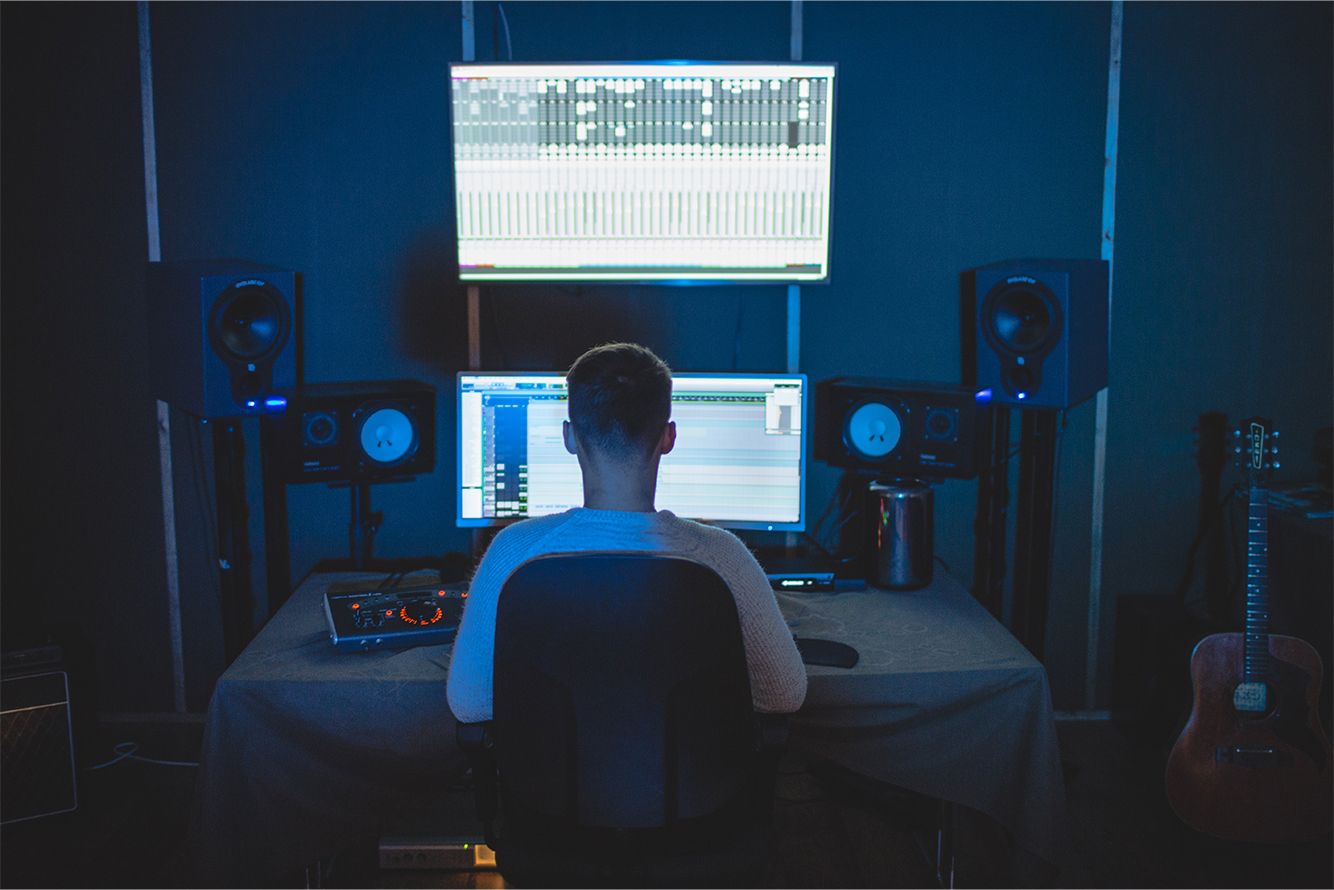
It is no lie that the traditional music industry has been challenged decade after decade by disruptive technologies. Whether it was the advent of free streaming platforms like Soundcloud, or even the Internet itself; record labels have had to reinvent their marketing techniques, business models, and distribution of music channels to enhance their performance in the music industry. And through this reinvention, a record company may ask themselves; how do I market my musical artists effectively?
First and foremost, a successful record label should understand who they are marketing and what branding is required for that specific artist. For example, if a music publisher is attempting to market a hip-hop musician whose fan base is geared towards teenagers aged 15-19, the label should look into which social media platforms are most often used by that demographic. And with that, if the musician would rather control their social media platforms on their own, or with the help of a marketing team. This can help establish the identity of the artist online. And if done right, this will draw in engagement online.
While labels should be researching what demographics work for an artist, this doesn’t mean that record labels should only seek out signing artists that can be manipulated to fit the current trends of a particular demographic or music genre. Many labels have found success in taking risks on artists whom they believe have a potential to fit into a demographic in a unique way. One of those risks was taken in 2008, when Universal Music Group signed a development contract with a shy but remarkably talented 12 years old named Ella Yelich-O’Connor whom had no fans and little music experience. Five years later, in 2013, Ella’s song Royals topped the Billboard Hot 100 for 3 weeks; Royals later being hailed by Billboard as the song that defined the decade. Showcasing that, above all else, a music publisher should seek out artists they believe have the potential to reach an audience; regardless of if that artist is tuned to a specific demographic or not.
RELATED: How Digital Marketing Is Influencing Music

This doesn’t mean that a label shouldn’t have a music marketing strategy to reach that specific demographic though. In fact, in the music world today, even the biggest record labels like Universal Music or Sony Music would fail without an effective digital marketing strategy for their artists. This is because, aside from the talent and production, marketing is the key component in turning an artist into a star. And with the influx of internet users, especially on social media networks, it is only natural that marketing turns towards digital, and digital turns towards marketing.
There are in fact a few key steps record labels can take to form a digital presence for their musicians:
1) Social Media Platform Marketing: Record labels worldwide have looked to interacting with social media platforms for music promotion and interacting with fan bases that want to connect with their favourite artist. Each social platform is good for various purposes:
o Instagram for mobile marketing with features like Instagram Stories, photo + video posts, and IGTVs that allow a label to craft a brand identity for themselves and their artists (not to mention a great place for ticket sales and the physical sale of merchandise)
o Facebook for both computer and mobile marketing that gives labels the ability to reach more audiences (considering Facebook has over 2.7 billion active monthly users)
o Twitter for engaging, short updates on new information about the label/artist
o Snapchat for less polished content from the label or artist that allows audiences to have a more relaxed viewing of the artist/label
o YouTube for video-sharing of music videos, interviews, and snippets of upcoming events/songs (good for free music to consumer experiences)
o LinkedIn for professional networking within and outside the record label’s workplace (a great place for a label to post job openings for their company or opportunities for musicians)
o TikTok for reaching new audiences (especially young audiences) through pure video content creation that often involves the use of a musician's song in the background of a video while doing a current TikTok trend
2) Streaming Platforms + Playlist Integration: Certainly, if a musician wants to create a fan base, they need ensure that they are on all of the right platforms so that listeners have access to their music. Have they uploaded their music to Apple Music? Spotify? Tidal? Even SoundCloud or YouTube? And with that, have they ensured that they have a strong professional looking profile photo within their streaming platform profiles? Being both presentable and accessible to an audience is a key to winning them over to listen to a musician’s body of work.
Aside from the general motive of displaying a musician on a streaming platform, there should as well be separate call to actions for music listeners to be introduced to the musician’s songs. It isn’t enough to simply upload the music; the music must as well be fleshed out to audiences through the marketing process. One way a label can attract more attention to a musician’s songs within streaming platforms is by pitching their songs to a specific playlist.
Since the music industry has become so overcrowded, many music listeners may not know where to begin finding new artists to listen to. This is where playlists come in. A playlist consists of a group of media files (often just individual songs) that can be played in order or randomly. Often, playlists have a specific theme or idea that they wish to present. For example, Apple Music often uses playlists to reference an artist’s influences or inspirations; “Inspired by the Beach Boys” or “FKA Twigs: Influences.” In reality, most musicians wouldn’t appear on this list as it is usually filled with the biggest artists in the industry. Though, there are many varieties of playlists associated with genres, moods, or tones of the songs that the musician can pitch to if the playlist fits their specific body of work.
Outside of playlists on streaming platforms, labels can pitch music to music platforms that act almost entirely as a playlist platform; generating one single constant playlist music listeners can play throughout their day. One of these playlist platforms, Radio Paradise, has more than 135,000 registered members and hundreds of thousands of listeners from all regions of the world; making it a great place for an artist to reach new listeners.
RELATED: Digital Marketing for Financial Services
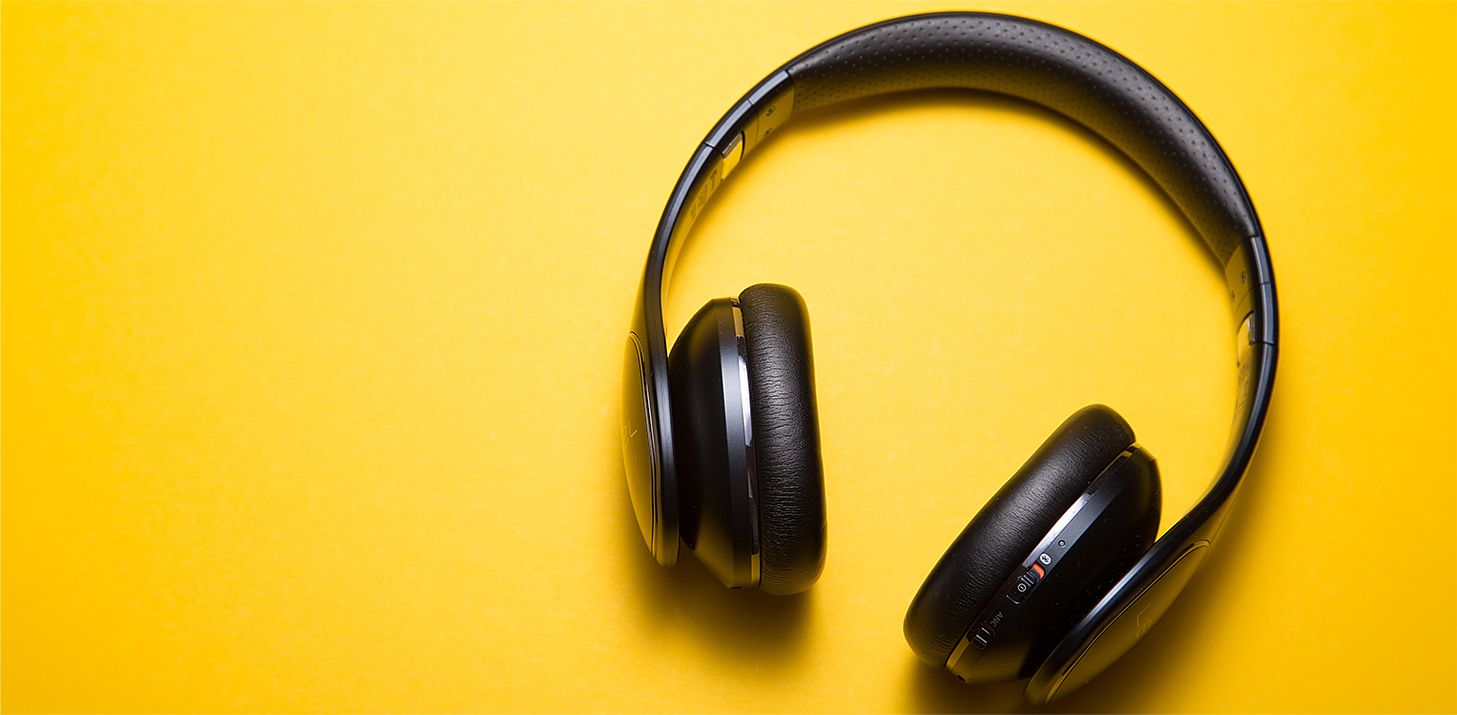
3) Free Downloads, Email Marketing, and Building Connections: Music consumption is active, fast paced, and integrated into all forms of the Internet. For that reason, a label who wants to break a new musician into the music scene may want to consider releasing their music for free. This way, their music is more accessible to music listeners whom aren’t willing to pay to hear a new artist they don’t know. Even Ella (Lorde), released Royals as a free download; which caused the song to blow up worldwide and cemented her into the music world. For that reason, the marketing tactic of a free download may pay off in the long run for the artist.
If this free download begins to work its magic; a thousand or so listeners and even more; a label can begin creating an email list for their musician’s listener base to let them know about new physical sales of merchandise, upcoming songs/music videos, and possible ticket sales for venues they are playing at. A musician doesn’t need to have thousands of adoring fans to create an email list; it is simply a digital asset and marketing tool used to inform listeners on new content that the musician is curating.
While all of these marketing techniques are important, at the end of the day, a label wants to ensure that the message being sent about the musician is also one that encourages connection between the listener and the artist. An artist who interacts with a listener base on social media, through Instagram live streams or Q&A’s, can form a closer bond with the listener base no matter how big or small that listener base may be. In the music world, quality over quantity can sometimes be very true; an artist who has 300 fans that each listen to 3 hours of the artist’s music per year would make more in revenue streams than an artist with 1,500 fans with only 45 minutes of listening time per fan.
While digital marketing is influencing how record labels promote their musicians to the public, that doesn’t mean it is just the record labels digital marketing is trying to reach in the music industry. In fact, with more connective technologies and social platforms, there is a new kind of musical artist that has broken the barriers of entry in the music industry; the independent artist.
RELATED: Digital Marketing Services: Cost-Benefit Breakdown
Digital Marketing is Empowering Musicians to Market Themselves

The independent music industry could be worth more than $2 Billion. While the traditional music industry process of record labels + signed artists still generates more profit at the moment, it is fascinating to note that independent musicians are actually the fastest growing segment of the global recorded music business. Showcasing that, while record labels can be a great help for a musician to intertwine themselves in the music industry, the advancement of technology has allowed artists to think of new ways of connecting to an audience; ultimately redefining the future of music.
The growth in the amount of active independent artists is due to many factors; artists using online platforms to market their music instead of using the platform of a record label; new conversations on artistic identity that encourage artistic vision over commercial success; an advancement in the distribution of music process to music listeners through thousands of innovative listening platforms. Whatever specific reason may have caused this growth, there are a few key digital marketing methods an independent artist can use to make themselves be part of this growth:
o Personal Website: Possibly the most important digital element for the independent artist is having a personal website. The personal website is like a home base for the musician. It allows the musician to design an online space that fits the story of the musician; and a place where their story can be presented in an attractive, intriguing way. The digital strategy of the personal website is one that allows the listener to get a sense of who the artist is, what they do, and most of all; where to listen to their music.
o Social Media Platforms: Don’t underestimate social media as just a place where major record labels go to market artists. Through apps like Instagram and TikTok, musicians from all over the world have found massive success through the use of these platforms. In fact, two of the most popular songs of 2020, “Say So” and “Savage”, became viral due to TikTok users playing it in their videos. An independent musician will find great aspects of fan communication opportunities through these platforms, and it is a great place for music promotion if they aren’t planning on signing with a record label.
o Pitching Songs to Playlists: Once an independent artist has been verified on streaming platforms, they can begin pitching their songs to playlists they believe their songs would fit in. If an indie artist is starting out and wants to integrate themselves into the music scene, they can pitch their music to playlists that are related to the indie genre. The same goes for any other genres independent artists feel they belong within. The great and terrible thing about the Internet is; the options are limitless. Though, with effective digital marketing techniques, an artist’s options can become smart + focused to a specific audience.
Outside of the independent artist and record label world, there is a key characteristic on all sides of the music industry that coincide with each other; the use of storytelling to form a complete package of the artist.
RELATED: How to Improve Cannabis Industry Digital Marketing
Digital Marketing is Using Personal Branding to Build a Cohesive Story of the Musician

From the beginning, marketing has been about presenting an idea in a way that intrigues, fascinates, and attracts an audience to want to partake in a particular tangible or intangible product/service. And with the advent of technological advances, these ideas have become exponentially powerful as the world tunes into the virtual world for connection, inspiration, and comfort. With this shift into the virtual, the musician has been able to use online platforms as a well to create a cohesive story about themselves.
Social media itself is a place where people present themselves; and do so in the form of videos, photos, and written statements. Favourite artists indulge in this; the smallest artists do as well. It is a universal method; it is personal branding. And this personal branding has come to define how artists pronounce themselves online; through the storyline of media styles like photos, videos, and written messages that is fit to their particular tastes/styles.
This shift in appreciation for the personality of the artist, as well as their aesthetics online, has made the music industry much more diverse in the sense that musicians may feel less pressure to abide by a certain expectation of how they should present themselves within a genre. A music lover can now find their favorite artist online who fits their specific niche of multiple genres; and that artist may have the chance to create popular music considering genre-blending artists have more of a chance of expanding their audiences.
While the personal branding side of digital marketing does not so much involve digital marketing techniques as much as it does involve the artists content, there are still some tips a musical artist can use to create an effective story about themselves to an audience:
- Have A Clear and Concise Concept for Your Online Presence: Because the music industry has become so oversaturated with all kinds of artists, it is important that the musician presents themselves online with a clear and concise concept. A concept is a general idea or notion of something; and it is important that the idea the musician wants to present about themselves or their work is engaging, intriguing, and something that draws the listener in. Because, in reality, the listener has many artists to choose from, so why should they listen to that specific musician?
- Apply that Concept to Everything You Present Online: Once the musician has found their concept, they must then apply it to everything they post. This is because, almost every creative industry involves presenting a concept. A novel is a concept. Game of Thrones is a concept. Call of Duty is a concept. Songs are the most condensed forms of concepts. A concept can be explained in ten seconds. And once the musician finds their concept, they will be able to present it, pitch it, and sell it both online and offline in a clear and concise manner. Before creating any accounts, the musician should master their personal concept.
RELATED: SEO Marketing for Dentists: Four Key Strategies

As digital marketing continues to influence the music promotion process, as well as how record labels, musicians, and music listeners reach each other; one may ask, what's next? What new sweeping technology will take over digital marketing? Well, no one can truly know. For now, the music world will continue to use digital marketing as a way to connect, build, and enhance the music to consumer process. If record labels or independent musicians are unsure how to reach an audience; they should try digital marketing.



